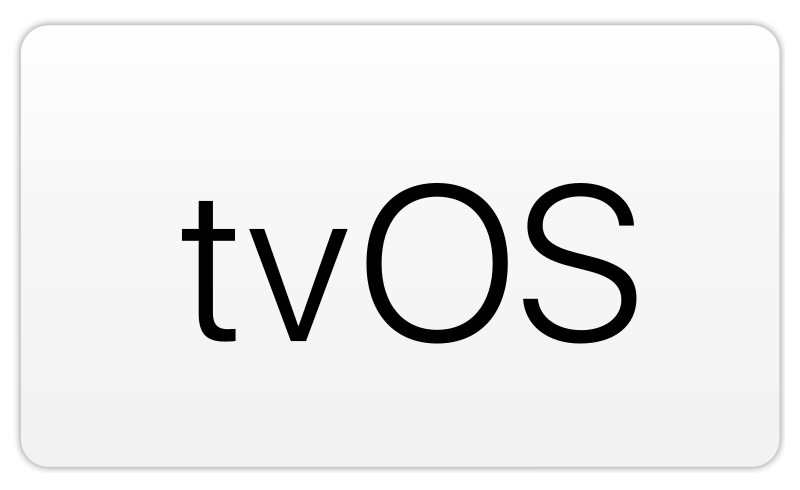Stanford Study Reveals AI Agents Improve Workplace Efficiency but Limit Human Control

A recent study conducted by researchers at Stanford University sheds light on the evolving dynamics of human-AI collaboration in the workplace. The report, titled "Future of Work with AI Agents," published on June 20, 2025, highlights that while AI agents are increasingly seen as valuable tools for automating mundane tasks, they may not align with workers' desires for maintaining human agency in their roles.
The research involved a comprehensive survey of 1,500 professionals across various industries, aiming to understand their perspectives on AI agents and their role in daily tasks. The findings indicate a significant readiness among workers to adopt AI technology, particularly for automating low-stakes and repetitive activities. This willingness persists despite concerns about potential job loss and job satisfaction. As noted by Dr. Emily Carter, a co-author of the study and Professor of Management at Stanford University, "Our findings suggest that workers are eager to embrace AI tools that enhance their productivity, provided they maintain a degree of control over their work."
The study introduced the AI Agent Worker Outlook & Readiness Knowledge Bank, or WORKBank, which serves as a repository of workers' attitudes toward AI agents. Key insights reveal that many professionals believe these technologies can alleviate the burden of tedious tasks, allowing them to focus on more engaging and meaningful work. However, the report also identified "critical mismatches" between the tasks that AI is currently deployed to handle—such as software development and business analysis—and the tasks that workers wish to automate.
In a statement, Dr. Sarah Johnson, a labor market economist at the University of California, Berkeley, emphasized the implications of these findings: "As AI continues to advance, there is a pressing need for organizations to align AI deployment with employee expectations. Failing to do so may create friction between workers and technology, potentially undermining the benefits of automation."
Moreover, the study's Human Agency Scale (HAS) metric revealed that workers generally prefer maintaining higher levels of control over their tasks than what AI experts deem necessary. This disparity suggests that as AI systems grow more capable, organizations may face challenges in integrating these technologies without diminishing employees' sense of agency. According to Dr. Mark Thompson, an AI ethics expert at MIT, "If companies prioritize automation without considering human agency, they risk alienating their workforce. The future of work should not just be about efficiency but also about enhancing the human experience."
The implications of this research extend beyond individual preferences; they signify a shift in the skills valued within the labor market. Skills related to information processing and analysis are becoming less critical, while interpersonal skills—such as empathy and collaboration—are increasingly in demand. As Dr. Patricia Lee, a workforce development specialist, stated, "AI is reshaping the skill landscape. Workers who can assist and care for others will find their roles becoming more significant in a tech-driven world."
As AI agents become more prevalent, companies must navigate the complexities of human-AI interaction. The Stanford research underscores the importance of integrating employee feedback into AI implementation strategies. Future workplace dynamics will hinge on balancing technological advancements with the preservation of human agency, ensuring that workers feel empowered and engaged in their roles.
In conclusion, the Stanford study not only highlights the readiness of workers to embrace AI agents for specific tasks but also emphasizes the necessity for organizations to consider human agency in this transition. As the workplace continues to evolve, the successful integration of AI technologies will depend on fostering collaborative environments where both AI and human contributions are valued equally.
Advertisement
Tags
Advertisement





